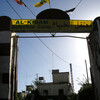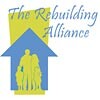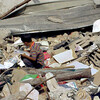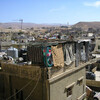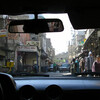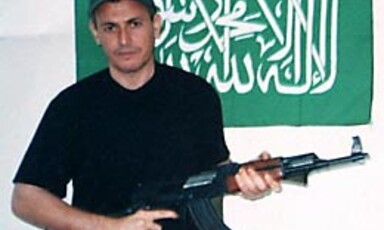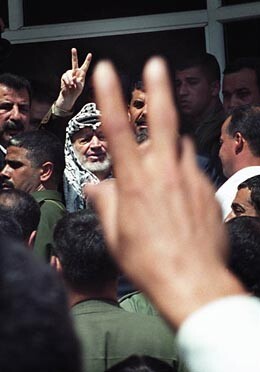
Thinking beyond Arafat
31 October 2004
The grave illness of Palestinian President Yasser Arafat has given rise to frenzied speculation about what will happen after he is no longer on the scene. Much of this speculation is based on the false premise that the presence or absence of a single individual is a decisive factor in settling a complex, century-old conflict. EI co-founder Ali Abunimah argues that the “Arafat issue” is a major distraction, and examines who has a vested interest in the veteran Palestinian leader’s survival. Read more about Thinking beyond Arafat

